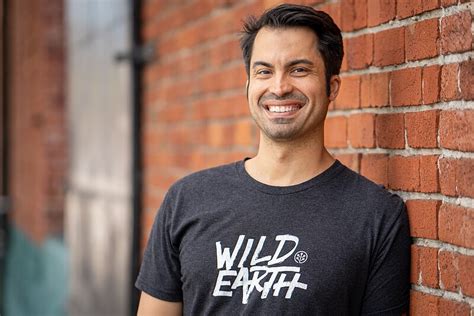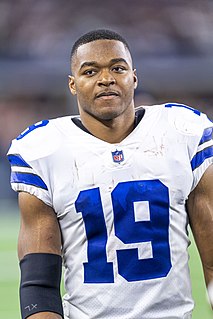A Quote by Kent Beck
Whether you draw diagrams that generate code or you type at a browser, you are coding.
Related Quotes
When the words are fuzzy, the programmers reflexively retreat to the most precise method of articulation available: source code. Although there is nothing more precise than code, there is also nothing more permanent or resistant to change. So the situation frequently crops up where nomenclature confusion drives programmers to begin coding prematurely, and that code becomes the de facto design, regardless of its appropriateness or correctness.
I definitely think there needs to be more of a focus and movement on getting coding taught in schools. There's really only so much after-school programs like Black Girls Code can do to really drive that change. And those classes shouldn't only take place in high school. We should make sure that we teach kids about coding at an early age.
ll industries have been disrupted and disruption tends to generate gatherings for people to share information. I don't think media are unusual here. Add to that the discovery, or perhaps expansion of the awareness, that events can generate revenue. So now we have companies whose business model is heavily based on events, whether it is Re/code or South by Southwest or many others. Those kinds of gatherings were once more institutionally oriented inside trade associations. Now they have been expanded out.
While learning to code may have once been an arduous or expensive process, the college dropouts who developed Codecademy have democratized coding as surely as Gutenberg democratized text. Anyone can go to Codecademy and start learning and creating code through their simple, fun, interactive window, for free.
When you learn to read and write, it opens up opportunities for you to learn so many other things. When you learn to read, you can then read to learn. And it's the same thing with coding. If you learn to code, you can code to learn. Now some of the things you can learn are sort of obvious. You learn more about how computers work.


































